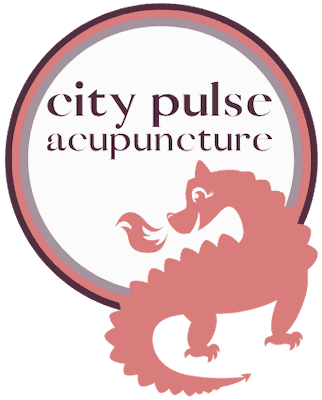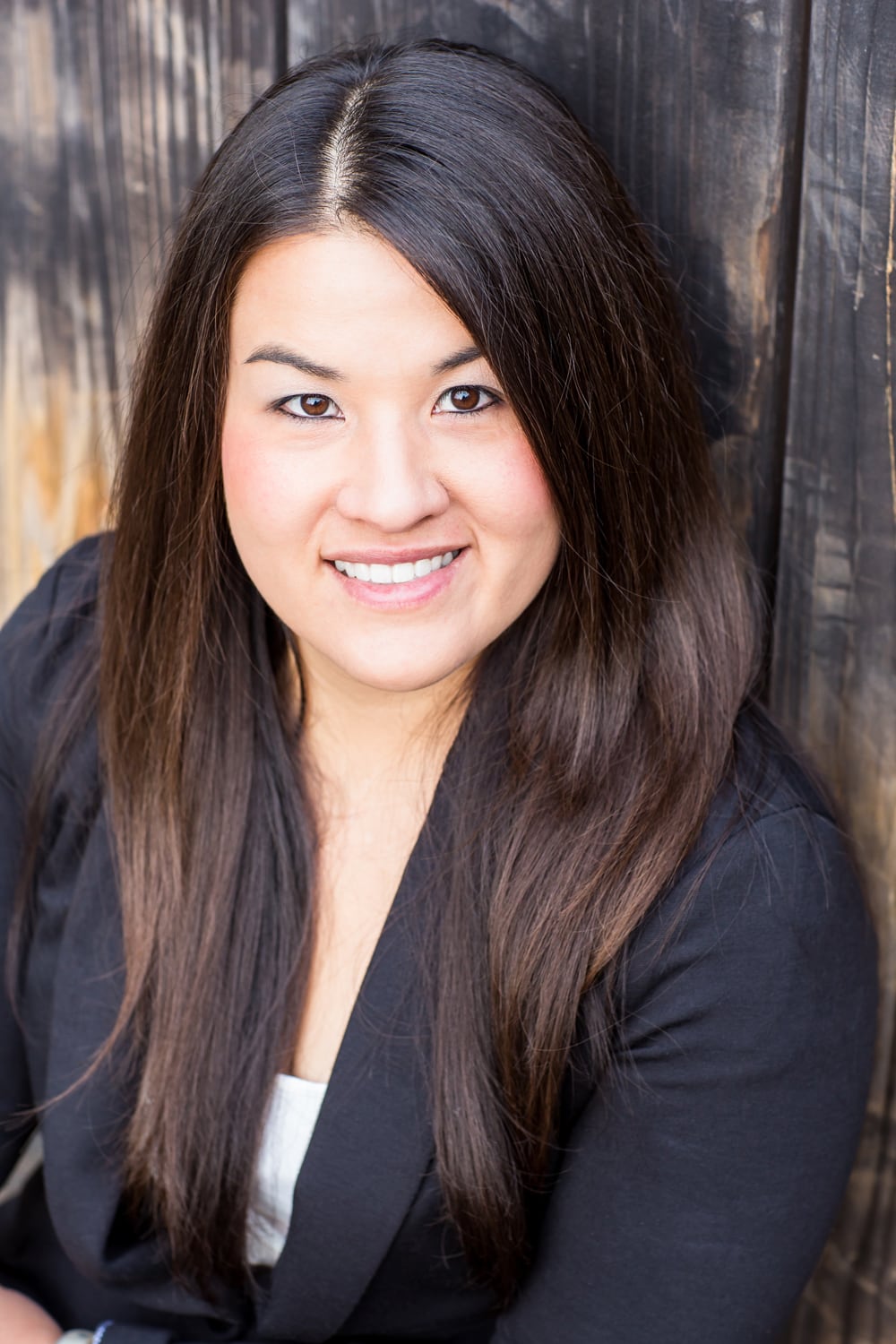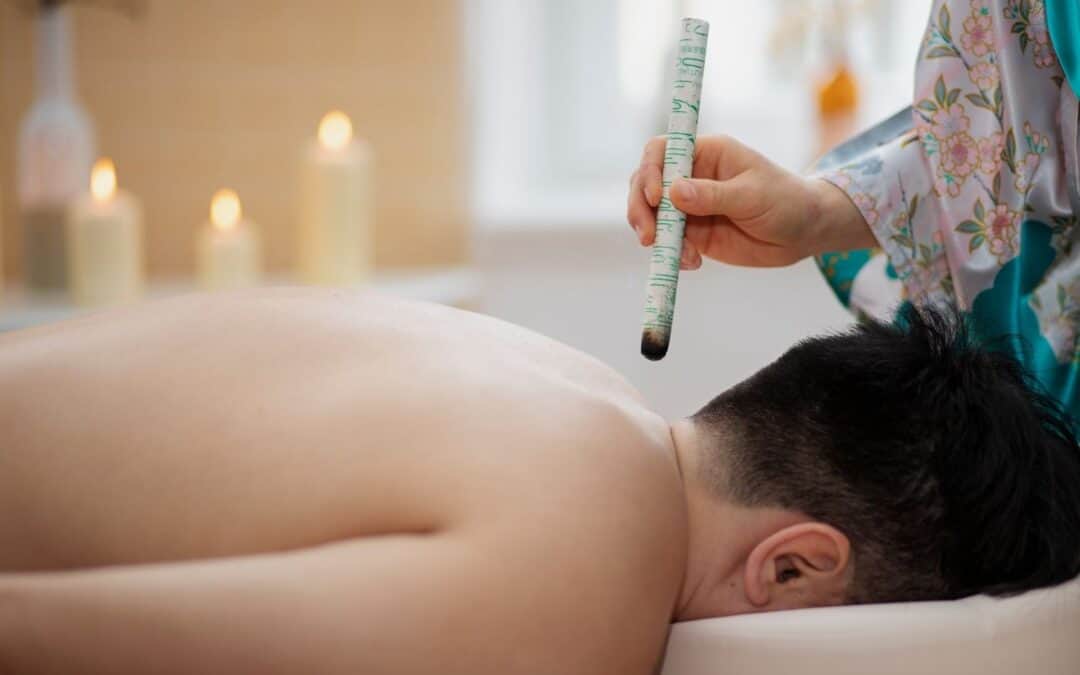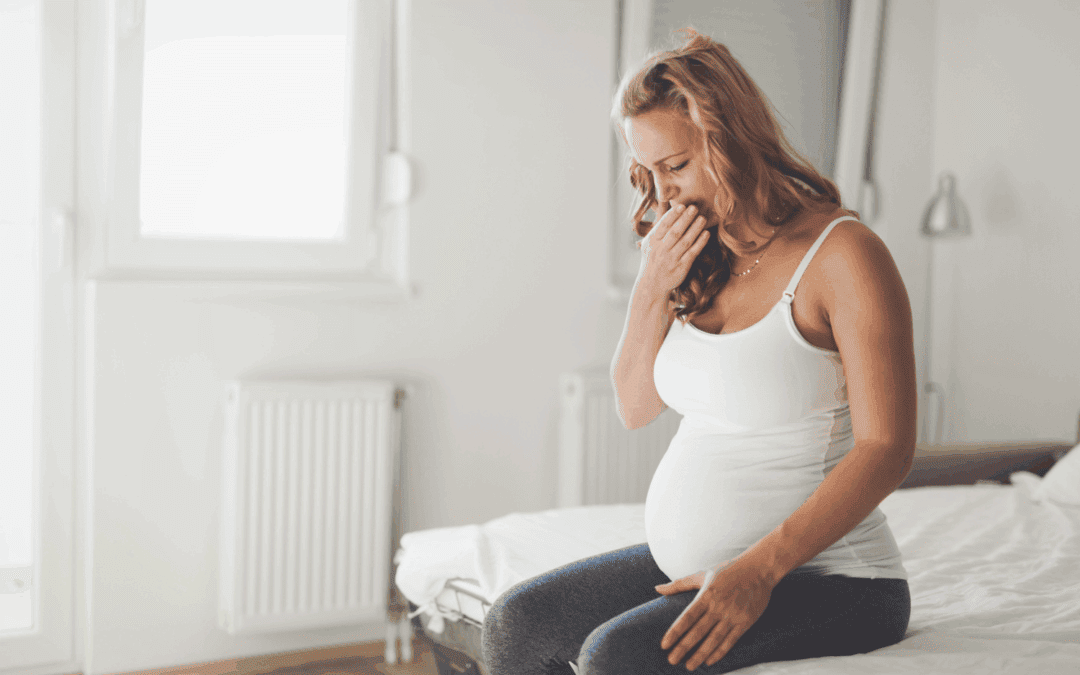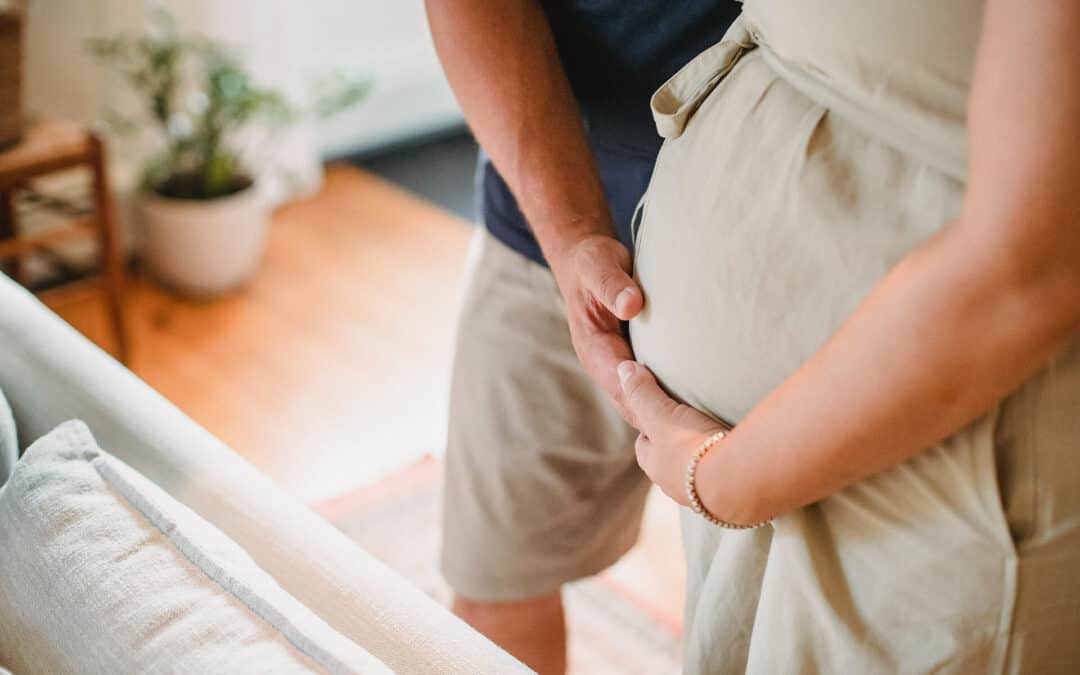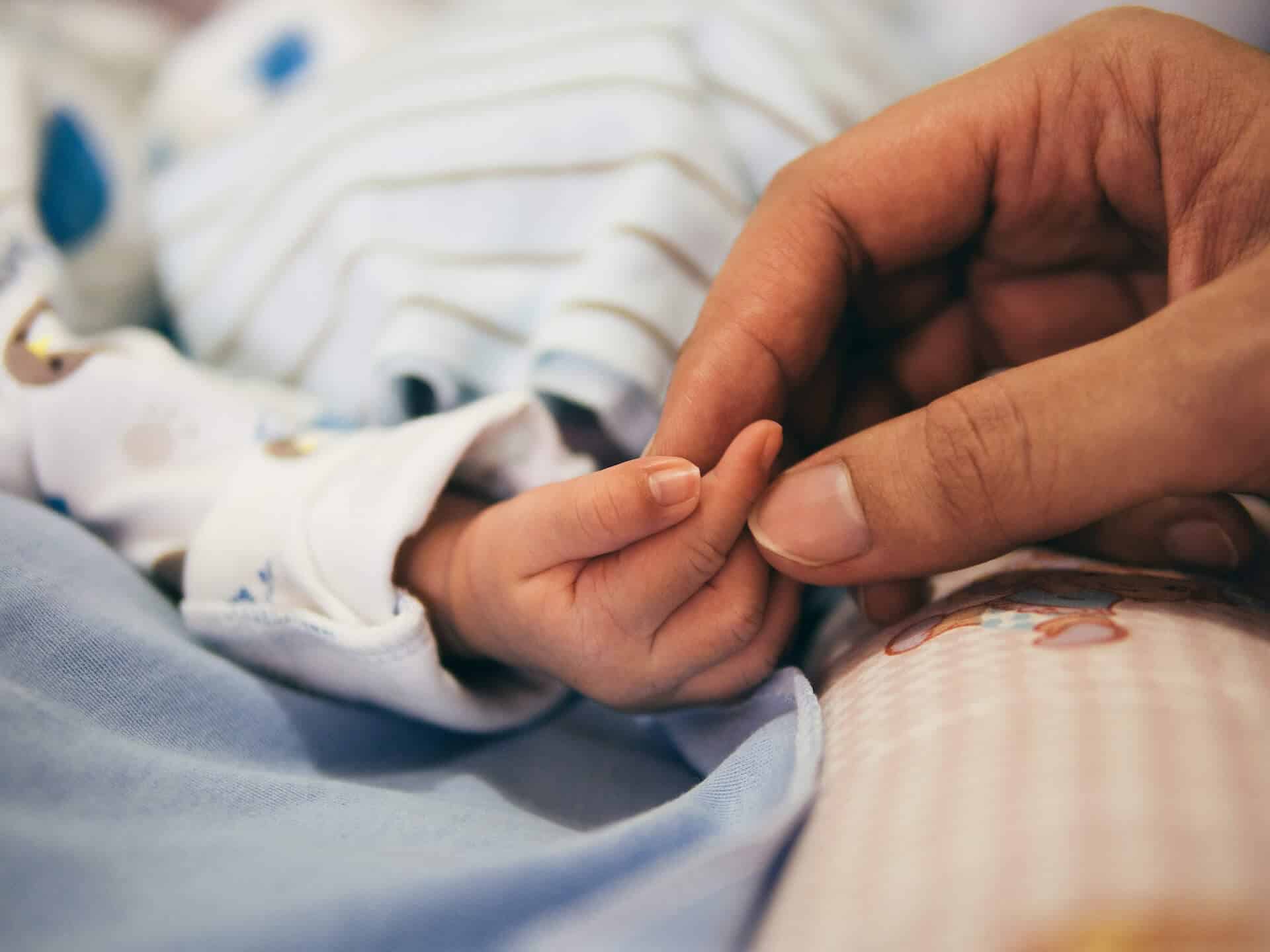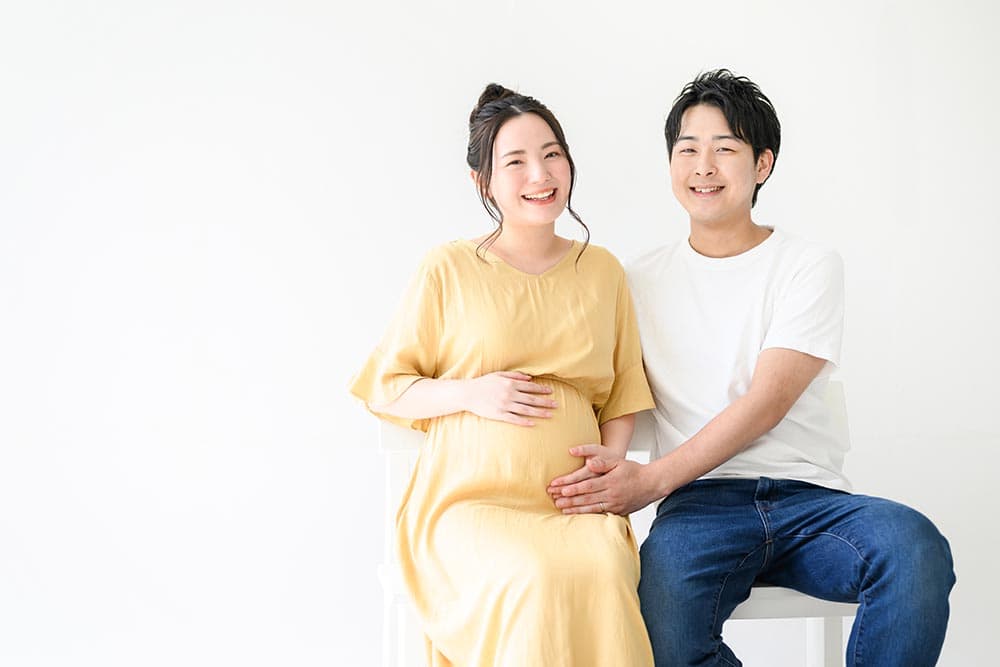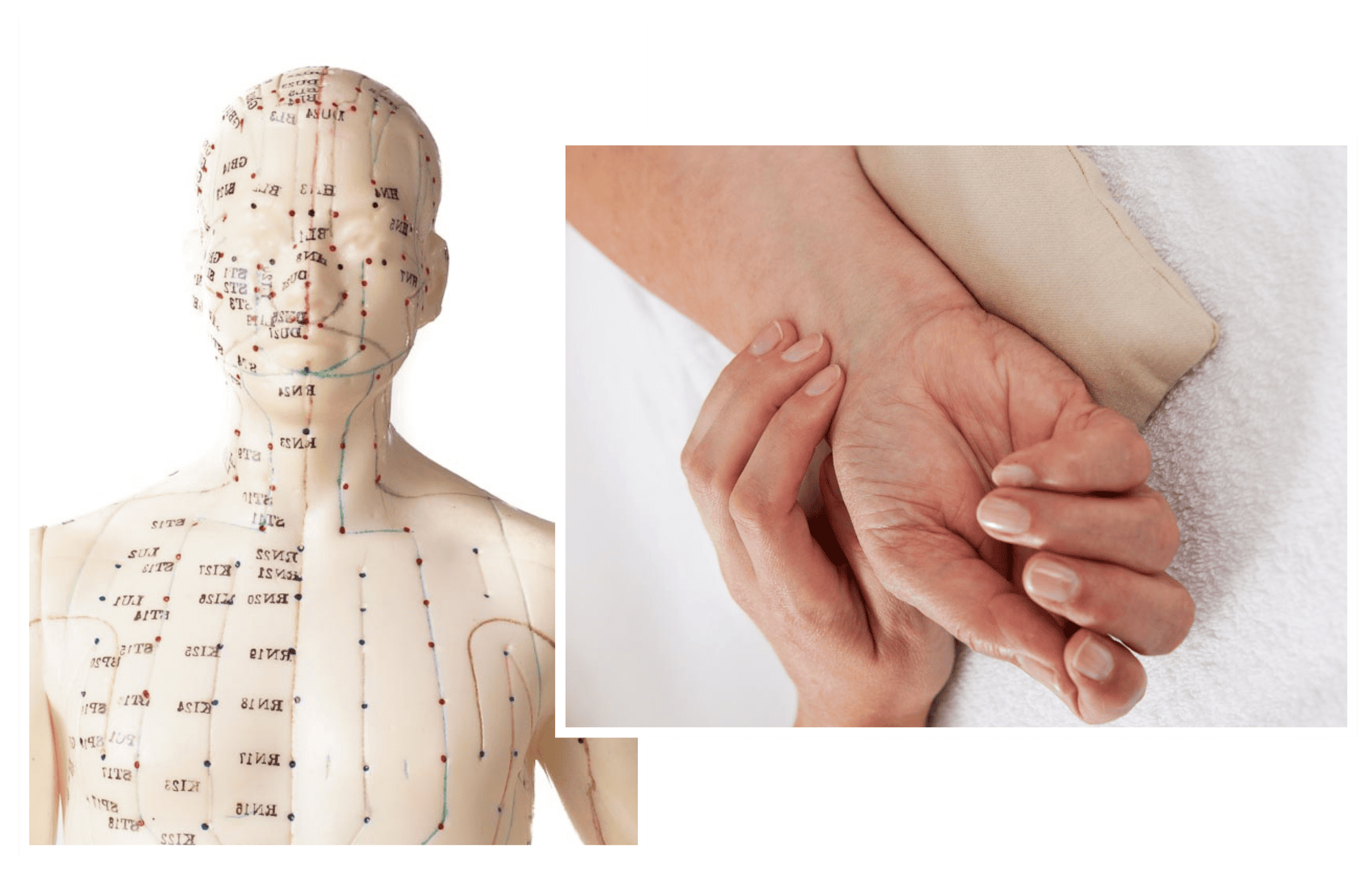What Is Recurrent Implantation Failure in IVF?
Recurrent implantation failure (RIF) refers to the repeated inability of high-quality embryos to successfully implant in the uterine lining following in vitro fertilization (IVF). Though definitions vary, most reproductive specialists define RIF as the failure to achieve a pregnancy after at least three embryo transfers involving embryos that were either morphologically optimal or confirmed as genetically normal.
This clinical diagnosis, however, does not capture the emotional and physical burden patients endure. Each IVF cycle demands substantial investments of time, finances, and emotional resilience. When conventional medical interventions fall short, many individuals turn to acupuncture as a complementary therapy to address underlying factors that may not be visible through standard testing.
Causes of Implantation Failure in IVF Cycles
Successful implantation is a multifaceted process that relies on the synchronization of embryonic and endometrial readiness. Even when embryos appear healthy under microscopic or genetic evaluation, several issues can prevent implantation:
- Insufficient endometrial thickness or compromised uterine blood flow
- Hormonal imbalances such as inadequate progesterone or mistimed luteal phase support
- Immune system dysregulation that misidentifies embryos as foreign bodies
- Chronic inflammatory conditions, including endometriosis
- Structural abnormalities like fibroids, uterine adhesions, or septate uterus
- Unexplained infertility, where no identifiable medical cause is found
Conventional treatments may involve hormonal supplementation, immunomodulatory therapy, or surgical correction of uterine anomalies. However, when these approaches yield limited success, acupuncture and Traditional Chinese Medicine (TCM) offer a holistic framework for addressing implantation challenges.
Acupuncture for IVF Implantation and Uterine Receptivity
Acupuncture is more than a relaxation tool—it engages the body’s physiological systems through targeted stimulation of specific meridians. This process supports reproductive health by:
- Enhancing uterine blood flow, thereby enriching the endometrial lining with oxygen and nutrients
- Regulating hormonal fluctuations essential for implantation, particularly estrogen and progesterone
- Reducing uterine contractility post-transfer, which may help prevent embryo displacement
- Modulating the autonomic nervous system to reduce stress hormones and support hormonal equilibrium
By supporting the body’s internal environment across multiple systems, acupuncture cultivates optimal conditions for embryo implantation to occur and persist.
Traditional Chinese Medicine Approach to Recurrent Implantation Failure
TCM practitioners view implantation failure not as a localized defect but as an expression of systemic imbalance. Common diagnostic patterns in TCM associated with RIF include:
- Kidney Yin deficiency: inadequate nourishment of the uterine lining
- Qi and Blood deficiency: low energy and insufficient circulation to support implantation
- Liver Qi stagnation: emotional stress or tension obstructing reproductive pathways
- Blood stasis: impaired circulation, often due to past surgical trauma or inflammation
- Excess heat or dampness: inflammatory processes or fluid retention disrupting uterine health
Treatment plans in TCM are individualized, focusing on restoring internal balance through acupuncture, customized herbal medicine, dietary therapy, and lifestyle modifications. These interventions aim to optimize both the uterine environment and overall reproductive resilience.
Benefits of Acupuncture for Recurrent Implantation Failure
| Therapeutic Benefit | Mechanism of Action | Potential Outcome |
| Improved uterine perfusion | Increases microcirculation to endometrial tissue | Enhances endometrial thickness and receptivity |
| Hormonal balance | Modulates estrogen, progesterone, and LH levels | Establishes a stable environment for implantation |
| Immune and inflammation control | Downregulates immune overactivity and inflammatory markers | Reduces risk of embryo rejection |
| Nervous system regulation | Lowers cortisol and sympathetic activity | Mitigates stress-induced reproductive dysfunction |
| Uterine muscle relaxation | Minimizes post-transfer uterine contractions | Supports embryo implantation and early development |
When to Start Acupuncture Before IVF Transfer
Initiating acupuncture shortly before and after embryo transfer can provide immediate benefits, but long-term preparation yields more profound results. The physiological foundation for a successful IVF cycle begins months in advance:
- Ovarian follicles mature over a 90-day period, requiring long-term support for optimal egg quality
- Endometrial receptivity improves gradually with increased blood flow and hormonal regulation
For these reasons, initiating acupuncture at least three months prior to the embryo transfer is recommended. As the IVF cycle progresses, sessions are typically aligned with critical phases:
- Pre-retrieval support during follicular development
- Pre- and post-transfer treatments to promote implantation
- Continued care during the two-week wait to support hormonal balance and reduce stress
What to Expect From an Acupuncture Treatment Plan for RIF
A fertility-focused acupuncture treatment plan begins with a thorough intake, including a review of your Western medical history, diagnostic findings, and TCM pattern identification. Weekly sessions are common, with more intensive support during medication stimulation and embryo transfer periods.
Practitioners may also recommend:
- Herbal medicine tailored to your TCM diagnosis to support implantation and hormone regulation
- Dietary guidance, such as increasing iron-rich and anti-inflammatory foods, and warming foods post-transfer
- Lifestyle modifications, including optimizing sleep, managing stress, and engaging in moderate exercise to support blood flow without overexertion
Coordination with your fertility clinic is essential. Experienced acupuncturists work in concert with reproductive endocrinologists to ensure that timing, medications, and acupuncture complement one another effectively.
Take the Next Step Toward Improving Implantation Success
Frequently Asked Questions About Recurrent Implantation Failure
Can acupuncture help if my embryos are already considered high quality?
Yes. Even genetically sound embryos need a well-prepared uterine environment. Acupuncture enhances endometrial receptivity and reduces physiological barriers to implantation.
How far in advance should I begin acupuncture before my embryo transfer?
Three months of preparation is ideal. This window allows your body to fully support follicular development, hormone balance, and endometrial enhancement.
Is acupuncture safe to use during a medically supervised IVF cycle?
Absolutely. When performed by a licensed acupuncturist experienced in fertility care, acupuncture is a safe and complementary therapy during IVF.
Can acupuncture address immune-related causes of implantation failure?
Yes. Acupuncture is often used to help regulate immune overactivity and reduce inflammation, both of which may impair implantation.
What lifestyle practices can further improve implantation outcomes?
Focus on nutrient-dense meals, restorative sleep, low-impact exercise, and meaningful stress-reduction techniques. Avoid alcohol, tobacco, and excessive heat exposure during treatment.

